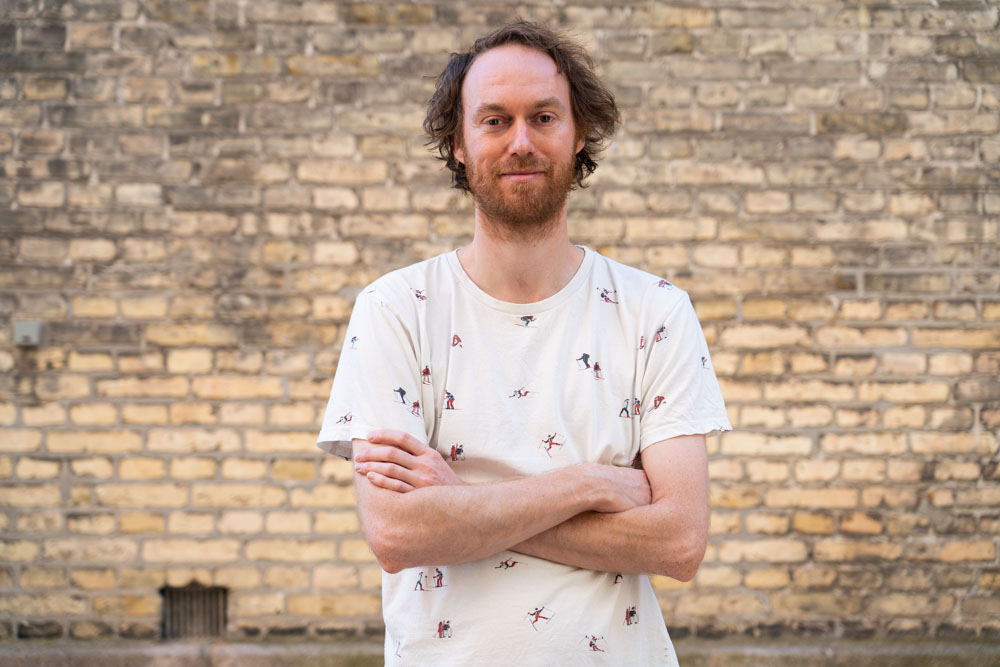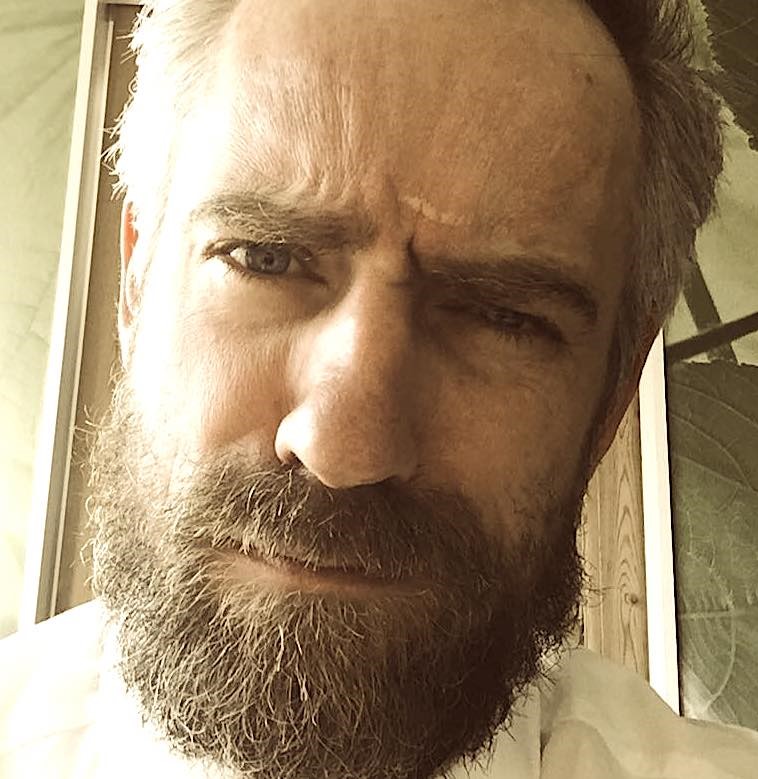The posthuman museum – is this an oxymoron? The museum is an utterly human establishment. Within its walls, we aim at securing the material referents of the past and interrupt their natural decay, because they underpin our fragile memories and provide knowledge of the past. We care for objects to save them for perpetuity. But while we aim at stability, impermanence is always already trespassing on our sacred grounds. Heritage eaters are cosmopolitan, occurring in museums all over the globe. For example, bacteria and fungi are present in the air and on surfaces, which negatively affect the stability of museum collections. Consequently, we care for collections through conservation practices and environmental measures to save them for future generations. But is the function of the museum always to avoid collections becoming metabolic? More than merely an oxymoron, perhaps thinking the museum in posthuman terms can help us develop a place that is no longer tied to the all-too-human urge to rescue objects from decomposition. This is what I set out to explore. Drawing on post-preservation theory (DeSilvey), posthuman notions of care (de la Bellacasa), and examples from bioart (Feuerstein), I will consider how posthuman values may affect crucial practices at the museum, such as the caring for objects. While caring usually entails saving for perpetuity and entails a carer-cared for structure mirroring traditional subject-object dualisms, I will develop a sense of caring as hosting. Within this framework, I will present experiments into posthuman preservation practices that we are currently participating in at Medical Museion. What we wish to develop is a multispecies ‘living’ room as an environment that hosts life-processes instead of repressing them. A kind of posthuman museum, where heritage eaters are conceived as generative participants in the caring for things as living assemblages.

Martin Grünfeld is an assistant professor in Metabolic Science in Culture at the Novo Nordisk Foundation Center for Basic Metabolic Research and Medical Museion at the University of Copenhagen. His research takes place in the interfaces between philosophy and objects, ontology and cartography, art and science, conservation and decay, life and death.
In recent years, concrete attempts to explore “the potential for computers to be autonomous creators in their own right”, as it is stated in the call for papers for this year’s International Conference of Computational Creativity, has accelerated. Theories of posthumanism and similar post- anthropocentric schools (e.g. ANT, New Materialism) all seem well equipped to point out how the underlying assumption of these particular endeavours, regardless of how they are being labelled (‘computational’, ‘artificial’ or ‘algorithmic creativity, ‘creative AI’, etc.), seems to be somewhat faulty; namely: the idea of the autonomous Creator as that which is to be recreated or emulated. Applying German sociologist Andreas Reckwitz’ (Foucault-inspired) notion of ‘the creativity dispositif’ from his book The Invention of Creativity (2017), this paper will discuss whether these attempts merely represent a recent dissolution of the boundaries between the non-human (algorithms) and what often is being thought of as a quintessentially human practice, namely: creativity; or if they should rather take into account how creativity itself has been historically invented and reinvented through intimate entanglements with new technologies and cultural practices, and thus, has never been a purely human phenomenon at all.

Jan Løhmann Stephensen is associate professor at Aesthetics & Culture at Aarhus University. His research interests have over the years been cultures and practices of participation, democracy and the public sphere, creativity and its diffusion into non-art related spheres like work life, economics, policy-making, university research agendas, new media technologies, etc. The last couple of years he has been working on so-called ‘post-creativity’, which seeks to explore the increasing entanglement of human and computational creativities. He is co-editor and founder of Conjunctions — Transdisciplinary Journal of Cultural Participation.